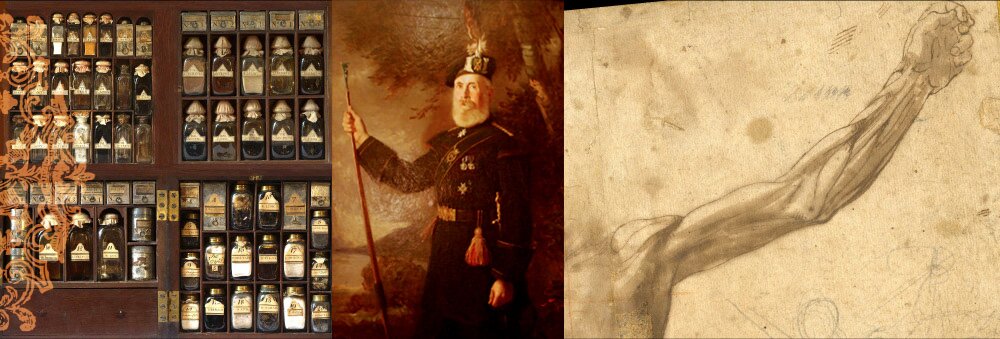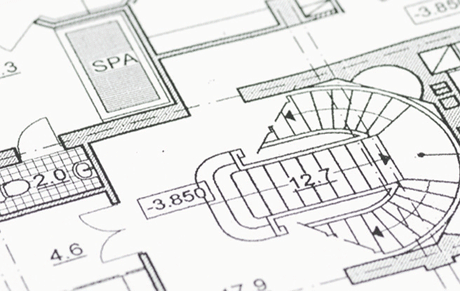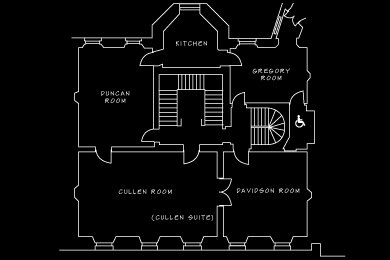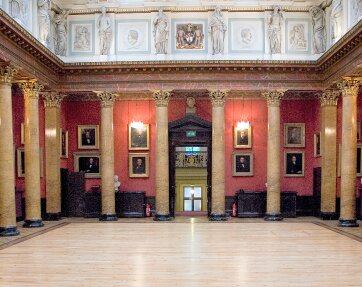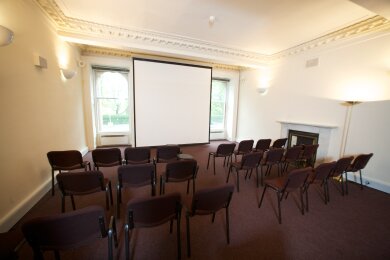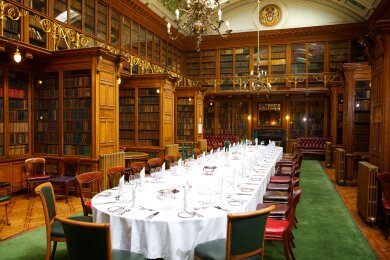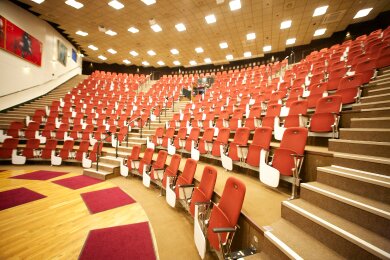Over 300 years of
history
In the late 17th century Edinburgh physicians started meeting in each other’s homes to discuss the ways in which standards in medicine could be improved. One of the group was Sir Robert Sibbald and 1681 petitioned King Charles II who granted the college a Royal Charter. The College’s founding Fellows wanted to advance medicine as a science and help the City’s poor and needy.
Visitors are surrounded by medical symbolism and the evidence of Edinburgh’s importance to medicine in the College’s Queen Street building. For example the Cullen room commemorates one of the pioneers of the medical education in the 18th century while the large portraits in the staircase show the discoverer of the anaesthetic use of chloroform Sir James Young Simpson and the first doctor to use a hypodermic syringe to inject medicines, Alexander Wood.
In modern times, The Royal College of Physicians of Edinburgh (RCPE) is a professional membership organisation with more than 10,000 Fellows and Members in 91 countries, covering 55 medical specialities and interests. Our principal concerns are patient safety and the training and education of doctors.
As a charity registered in Scotland, no. SC009465, the profits generated from the hiring of our rooms are reinvested to support the core functions of the College. For further information regarding the activities of RCPE, please visit the main RCPE website.


